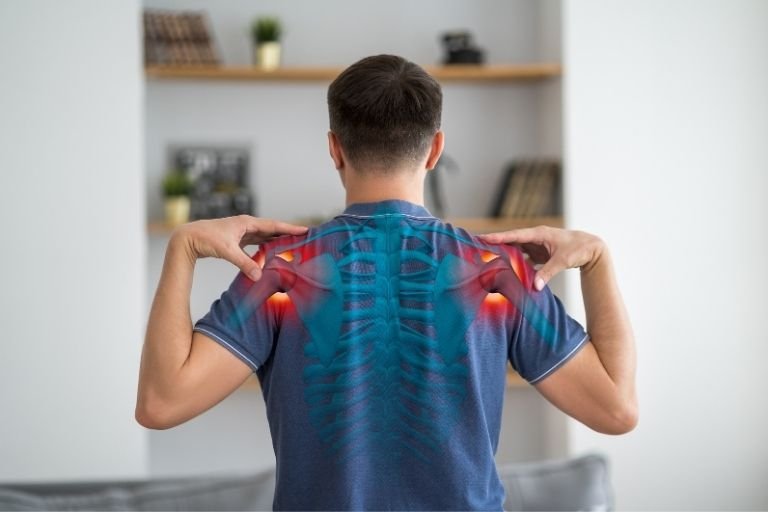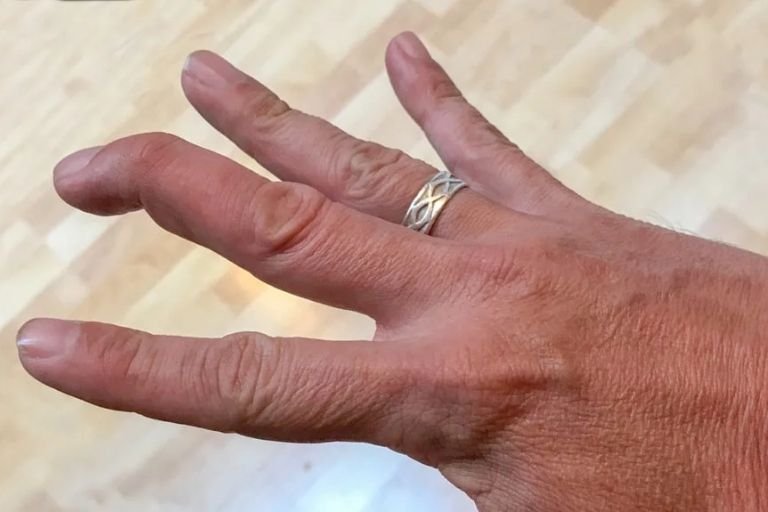- Fitwell Physiotherapy
Ergonomic correction

Ergonomic correction is a critical aspect of maintaining overall health and well-being, particularly in the modern workplace where prolonged sitting and repetitive motions can lead to various musculoskeletal issues. Here’s an overview covering symptoms, causes, when to see a physiotherapist, risks, prevention strategies, and treatments related to ergonomic correction:
Please submit your details below.
Symptoms:
- Muscle stiffness and pain: Often in the neck, shoulders, back, and wrists.
- Numbness or tingling: Particularly in the hands and fingers.
- Fatigue: Feeling tired or drained even after minimal physical activity.
- Reduced range of motion: Difficulty in moving certain body parts freely.
- Headaches: Especially tension headaches due to muscle strain.
Causes:
- Poor posture: Sitting or standing in unnatural positions for extended periods.
- Incorrect workstation setup: Improper chair height, desk height, or monitor placement.
- Repetitive movements: Doing the same motions over and over without breaks.
- Overuse injuries: Straining muscles and tendons due to excessive workload or repetitive tasks.
- Lack of ergonomic equipment: Not having supportive chairs, keyboards, or mouse pads.
When to See a Physiotherapist:
- Persistent pain: If discomfort or pain persists despite attempts to correct ergonomic issues.
- Decreased functionality: Difficulty in performing daily tasks due to pain or stiffness.
- Progressive symptoms: Symptoms worsening over time rather than improving.
- Difficulty concentrating: Pain or discomfort interfering with work or concentration.
- Loss of sensation: Numbness or tingling persisting in limbs.
Risks:
- Chronic pain: Untreated ergonomic issues can lead to chronic pain conditions.
- Reduced productivity: Pain and discomfort can hinder work performance.
- Decreased quality of life: Impacting daily activities and overall well-being.
- Potential for long-term damage: Prolonged strain on muscles and tendons can lead to serious injuries.
- Mental health effects: Chronic pain can contribute to anxiety and depression.
How to Prevent:
- Proper workstation setup: Ensure that your desk, chair, and computer monitor are at ergonomic heights.
- Take breaks: Stand up, stretch, and walk around periodically to prevent muscle fatigue.
- Use ergonomic equipment: Invest in ergonomic chairs, keyboards, and mouse pads to support proper posture.
- Practice good posture: Sit up straight with your feet flat on the floor and shoulders relaxed.
- Stay active: Regular exercise can strengthen muscles and improve flexibility, reducing the risk of ergonomic-related issues.
Treatments:
- Physiotherapy: A physiotherapist can provide tailored exercises to strengthen muscles and improve flexibility.
- Pain management: Techniques such as massage therapy, heat therapy, or cold therapy can help alleviate pain and inflammation.
- Ergonomic assessment: Consult with an ergonomic specialist to identify and address specific workplace issues.
- Medication: Over-the-counter or prescription medication may be recommended for pain relief and inflammation.
- Surgical intervention: In severe cases, surgery may be necessary to correct ergonomic-related injuries or conditions.
Ergonomic correction is not just about avoiding discomfort; it’s about safeguarding your long-term health and productivity. By addressing ergonomic issues proactively and seeking appropriate treatment when needed, individuals can minimize the risks associated with prolonged sitting and repetitive motions in the workplace.
Frequently Asked Questions
Related Conditions
How Fitwell Physiotherapy Can Help?
Dr. Richa’s Fitwell physiotherapy has an extensive team of physiotherapists all within their own specialist areas of physiotherapy. Whatever your condition, we guarantee that we will have the best physiotherapist for you. We assess, diagnose, plan, cure and care for you.
Fitwell Physiotherapy Clinic, Pune provides you best physiotherapy treatment in Kharadi, pune. We also serve Chandan Nagar, Vadgaon Sheri, Keshav Nagar, Wagholi & nearby Areas in Pune. We are experts in treating Neck Pain, Hand Pain, Back Pain, Lower Back Pain, Knee Pain, Stiff Neck, Sciatica, Arthritis, Stroke Paralysis & Post Surgical Rehab.
We provide Specialized physiotherapy treatments in Sports Injuries, Pre and post Surgery, Neurologic, Pediatric, Chronic Pain/Fatigue, Rheumatology, Women’s Health, Men’s Health, Ergonomics, Vestibular, Amputees & all sort of Pain treatment and lifestyle conditions.

































































































